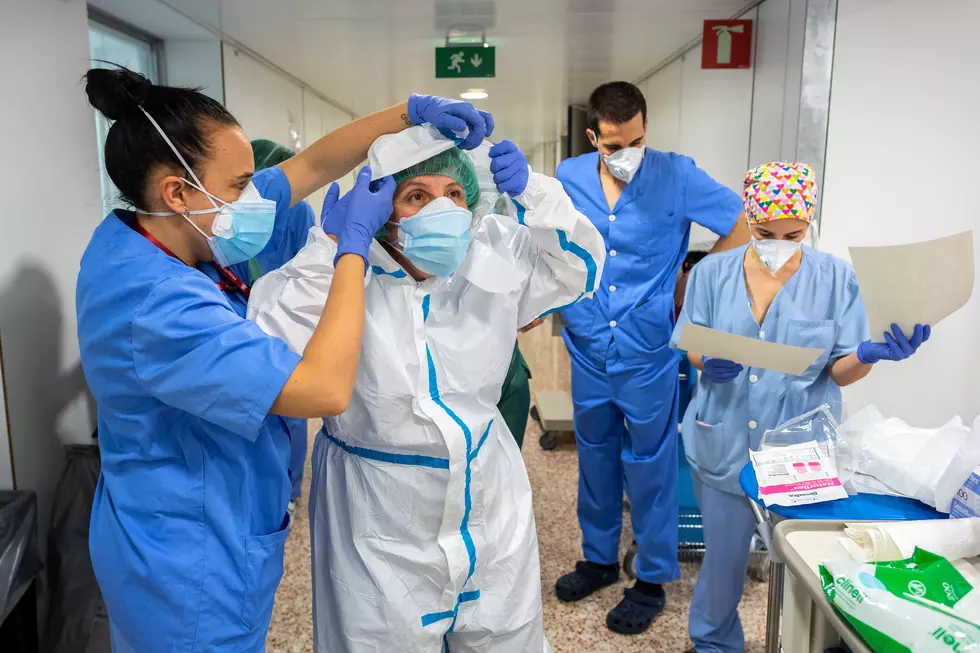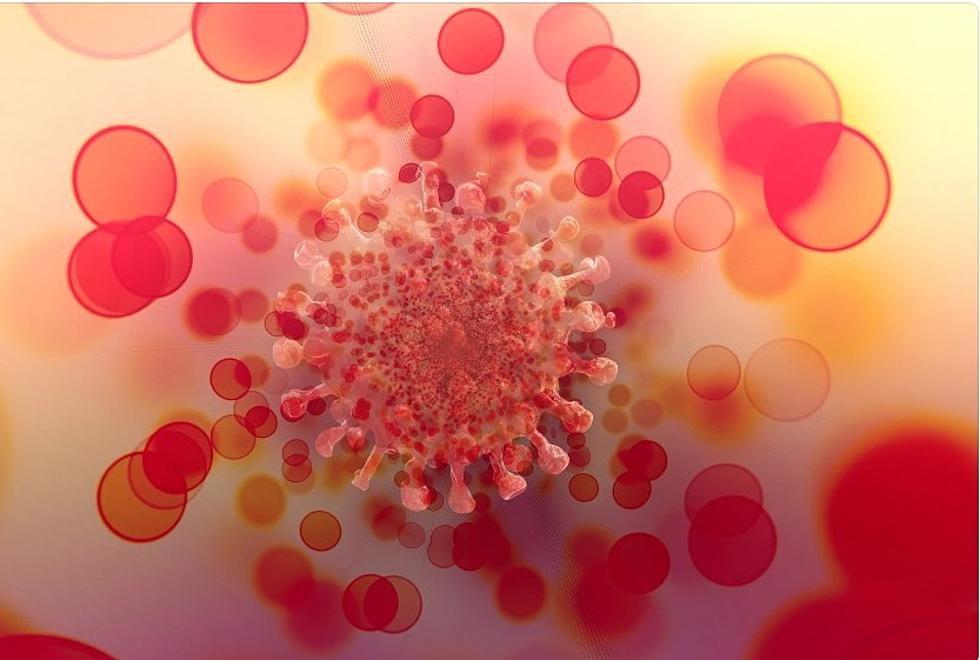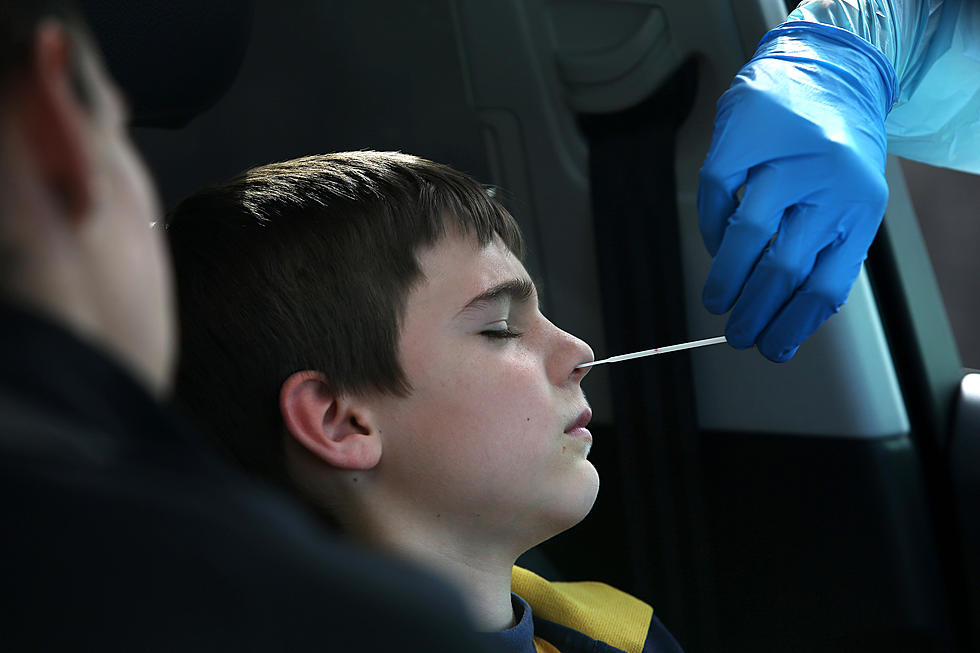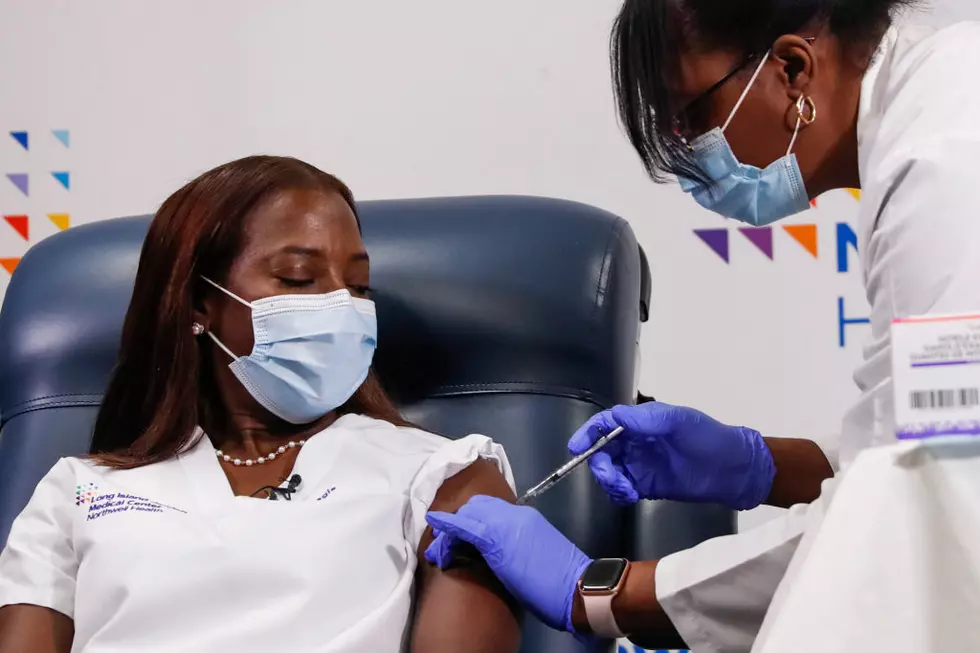
New York Joins Regional Supply Chain For PPE, COVID-19 Tests
States in the northeast are teaming up to create a regional supply chain to produce medical supplies and equipment in anticipation of a second wave of coronavirus.

On Sunday, amid the ongoing COVID-19 pandemic, New York Gov. Andrew M. Cuomo, New Jersey Gov. Phil Murphy, Connecticut Gov. Ned Lamont, Pennsylvania Gov. Tom Wolf, Delaware Gov. John Carney, Rhode Island Gov. Gina Raimondo and Massachusetts Gov. Charlie Baker announced a joint multi-state agreement to develop a regional supply chain for personal protective equipment, other medical equipment and testing.
"The COVID-19 pandemic created a mad scramble for medical equipment across the entire nation - there was competition among states, private entities and the federal government and we were driving up the prices of these critical resources," Cuomo said. "As a state and as a nation we can't go through that again. We're going to form a regional state purchasing consortium with our seven northeast partner states to increase our market power when we're buying supplies and help us actually get the equipment at a better price. I want to thank our neighboring states for their ongoing support, generosity and regional coordination on these important efforts."
While the states will continue to partner with the federal government during this global and national public health crisis, they will also work together to identify the region's needs for PPE to reduce costs and stabilize the supply chain, officials say.
Live Updates: Coronavirus in the Hudson Valley
"Our states should never be in a position where we are actively competing against each other for life-saving resources. By working together across the region, we can obtain critical supplies as we begin the process to restart our economies, while also saving money for our taxpayers. This concept is at the heart of the regional approach we've established," Murphy said.
The states will also coordinate policies regarding the inventory of PPE to prepare for a possible second wave of COVID-19.
The states will also coordinate policies on what supplies local governments should have for their first responders and will to find suppliers within the country or region who can meet the demand of the entire region over the next three months. The goal of this approach is to decrease the potential for disruptions in the supply chain for PPE and medical equipment, including sanitizer and ventilators, and testing, and promote regional economic development.
"With global supply chains continuing to experience a major disruption due to the pandemic, combining the efforts of our states into a regional purchasing initiative will help our states obtain needed PPE and other medical equipment without competing against each other. I've long been advocating for the federal government to get involved because pitting all 50 states against each other to compete for these supplies has never made any sense. Partnering with our neighbors helps make our purchasing power stronger and more dependable," Lamont said.
Live Updates: Coronavirus in the Hudson Valley
More From Hudson Valley Post









